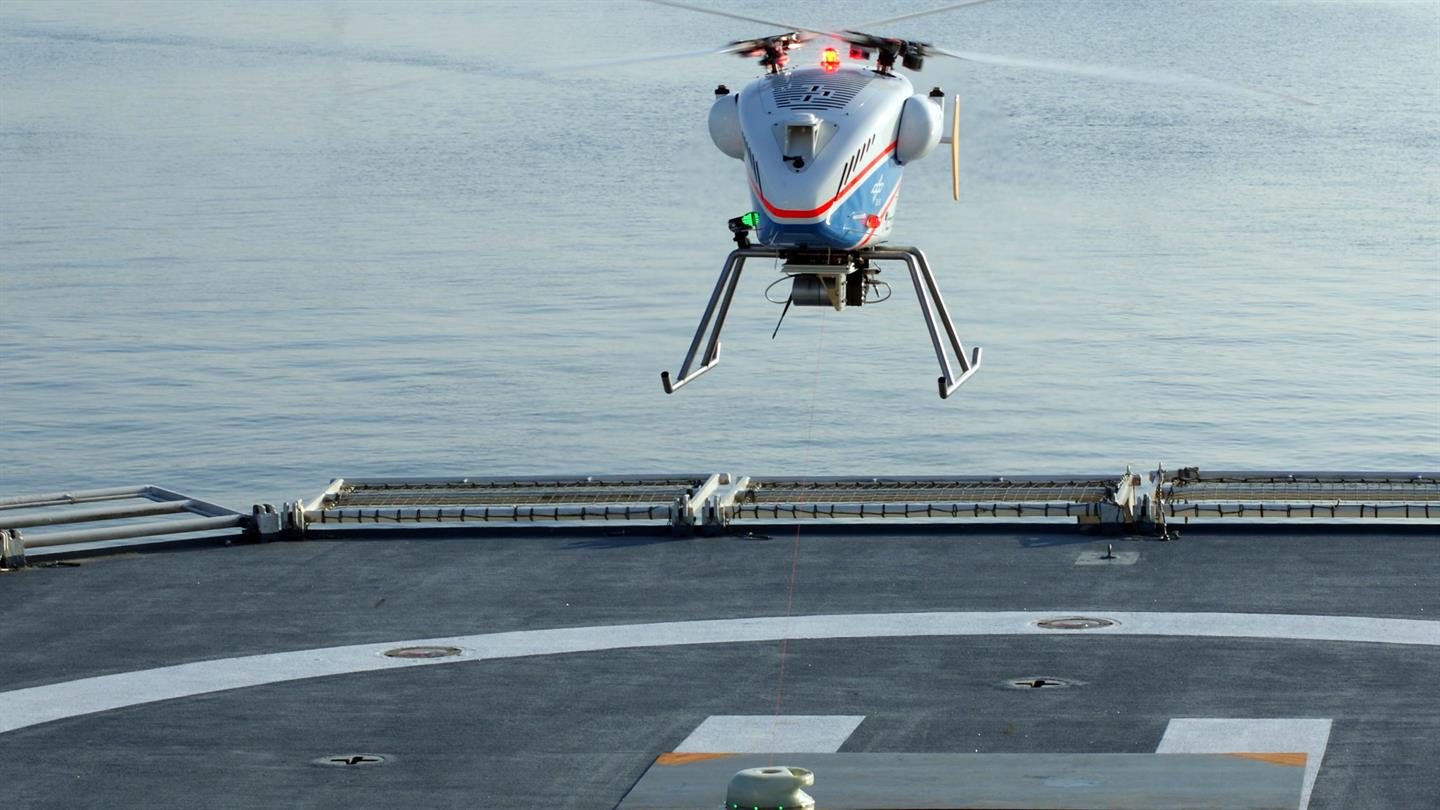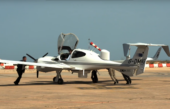The German Aerospace Center is involved in numerous projects involving civil and military drones. The focus is increasingly on their use by authorities and organizations with security tasks. Reason enough for the institute to increase their acceptance. Drones should therefore remain more in the public discussion.
Women are rather sceptical about the civilian use of drones in Germany, while men predominantly agree with the use of the technology. This is the conclusion of a study conducted by the German Aerospace Center (DLR) and the Institute for Applied Social Research (infas) on the acceptance of unmanned aerial vehicles.
For the representative survey, telephone interviews were conducted with 832 people aged between 14 and 94. Only 27% of the young interviewees expressed concern, while the figure for senior citizens was 65%.
The other results of the study are also interesting. Almost all respondents are familiar with drones, and ten percent have even flown one themselves. The survey also asked what “other technical possibilities” drones could be used for. The first areas to be mentioned were “surveillance/espionage” and “military/weapons/weapon transport”. However, the term “drone” is often described negatively. The most common associations are “spying / espionage / surveillance” (30%), followed by “filming / aerial photography / surveying / reconnaissance”. 16% of respondents associate drones with “military/weapon”.
According to the study, however, the acceptance of a use by police and fire brigade is very high. They should also be able to use appropriate procedures to bring about a controlled landing of the drones, the study says. The monitoring of traffic or of energy supply systems with civilian drones is also seen as positive in principle. As far as the authorities with security tasks are concerned, however, only their rescue and civil defence operations were asked for. The survey did not inquire about the opinion on the surveillance of football matches, demonstrations or other events as practised by the police in some German federal states.
At the end of the telephone interview, the participants were asked whether their perception had changed with the course of the telephone call. Maria Stolz, head of the study at the DLR Institute of Flight Guidance in Braunschweig, Germany, notices a “slight shift towards a more positive view”. From this, the Institute concludes that it is “possible that addressing the topic and being given information about it encouraged a more favourable opinion”.
It is therefore important to keep the negative aspects of the state use of civilian drones in the public debate.
DLR is involved in various projects involving the use of civilian drones. For example, the institute conducts research with 35 participants from Europe and Israel in the “DRIVER+” project. The project is funded by the European Commission and runs until 2020. One of DLR’s tasks is to assess the situation of a disaster area using drones. The “D-CODE” research aircraft will be used as a demonstrator. It is based on the propeller aircraft “Dornier 228” and is modified in such a way that control instructions can be received and processed from the ground. The unmanned aircraft transports camera systems from DLR’s Earth Observation Center. A 3K camera system used for this purpose can cover an area of 80 square kilometres, depending on flight altitude. Aerial photographs are transmitted to the ground station in near real time via a data link connection.
The flight and mission planning of the aircraft is carried out from the ground station for unmanned aircraft of the Institute of Flight Guidance in Braunschweig. The aircraft is flying in non-separated airspace. In this way, “DRIVER+” contributes to the integration of even large drones into general airspace, as is planned for military drones in Germany. DLR is also active in this area and has recently launched a research project with the Airbus and Hensoldt armament groups and the Bundeswehr University.
A DLR drone is also used in the EU project “IN-PREP” and sends optical or infrared images and videos to the situation centre in Braunschweig. The project is not only about natural crises, but also “man-made crises”. According to the project description, the “combination of climate impact, cyber attacks and terrorist activities” requires overarching coordination and information exchange. “IN-PREP” is funded by the EU’s “Horizon 2020” research programme and ends in 2020.
Image: DLR’s drone test in the “MaRPAS” project with the German Federal Police (all rights reserved DLR).




